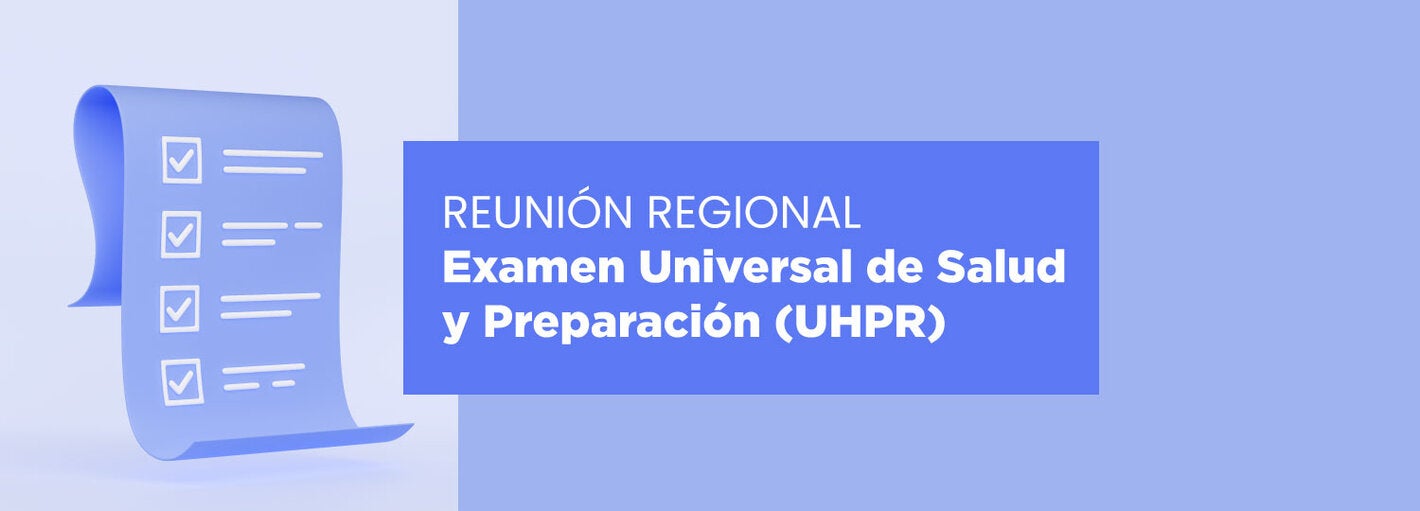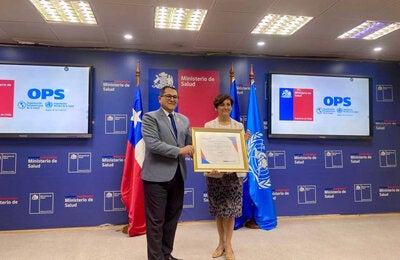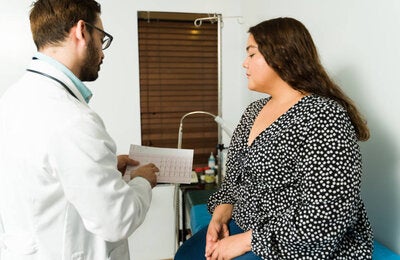
Washington, D.C., April 27, 2023 (PAHO) - Ministries of Health from 26 countries in the Americas region participated in the virtual meeting organized by the Pan American Health Organization (PAHO) on the Universal Health Preparedness and Review (UHPR), which aimed to present progress and relevant information from other regions, as well as to share the updated technical package for implementing the pilots and the guide for the preparation of the national report.
The Universal Health and Preparedness Review (UHPR) aims to establish an intergovernmental dialogue among Member States to strengthen their respective national capacities for health emergencies and disaster preparedness, as well as to achieve the sustainability of cooperation and funding for such purposes.
The dialogue is based on the principles of equal treatment and mutual accountability and involves the highest levels of government, national organizations and civil society. Thus, the mechanism provides Member States with the opportunity to discuss measures and challenges on the subject through the application of the various instruments available.
The UHPR is part of the ten proposals presented by the director at the 75th World Health Assembly (WHA) to strengthen the global architecture for health emergency preparedness and response (HEPR) as a key mechanism to ensure accountability among countries. In addition, the UHPR joins ongoing initiatives such as the pandemic preparedness fund, and the amendments to the International Health Regulations (IHR), among others.
The meeting was supported by the UHPR secretariat of the World Health Organization (WHO). During the opening, Dr. Michael Ryan, Executive Director of the WHO Health Emergencies Program, highlighted the need and importance of a multi-hazard preparedness approach not only for biological (emergencies). Dr. Ciro Ugarte, Director of PAHO's Department of Health Emergencies (PHE), mentioned that the UHPR is a voluntary instrument that joins other available instruments such as the voluntary external evaluation (VEE) based on the self-assessment tool for annual reporting by States Parties (SPAR).
The presentation of the general framework of the UHPR was given by Dr. Stella Chungong, Director of WHO's Health Security Preparedness Department, who mentioned that this mechanism mobilizes and engages the highest levels of government of the countries to strengthen health preparedness, which gives an added value compared to other existing tools, providing important elements for the sustainability of financing.
The meeting participants also had the opportunity to hear from country representatives from three WHO regions on the implementation of the UHPR pilot in Thailand (SEARO), Portugal (EURO) and the Central African Republic (AFRO) emphasizing the critical aspects for the preparation of the country profile, and the organization and conduct of the official visit to each country, as well as the results they have been obtaining from these experiences.
As part of the closing of the meeting, Dr. Samira Asma, deputy director of the division of data, analytics and delivery for impact of the WHO, pointed out as important points that the UHPR is a process led by the states and voluntary, and that it is in the process of construction based on the pilot experiences carried out in the countries, as well as remarking that it will be important to learn from the Member States of the Americas region that have as important points of their work the search for equity and resilience.
To support countries that voluntarily decide to carry out the UHPR, the Pan American Health Organization (PAHO/WHO) has a technical team led by the Department of Health Emergencies (PHE) and made up of the departments of Health Systems and Services (HSS), Prevention, Control and Elimination of Communicable Diseases (CDE) and Social and Environmental Determinants for Equity in Health (DUS).
Access the updated technical package for implementing the UHPR pilots and the guide for preparing the national report, currently available in English, French and Spanish.



